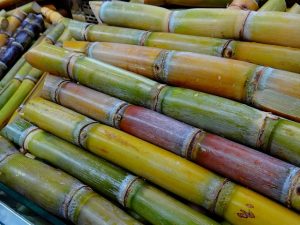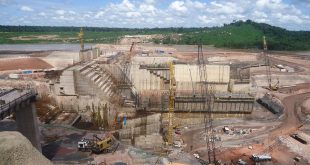by Beatriz Lourenço
All raw material of vegetable or animal origin can act as a source of energy generation, and this kind of energy is named biomass. They have become fundamental to what we understand by more sustainable development, because they are clean and renewable energy sources, and that has another great differential: they are cheaper sources than non-renewable ones, and as a consequence, they become good substitutes for derivatives of fossil fuels, such as oil and coal. Straw, corn, wood, sugar cane, sanitary and industrial effluents are common examples of biomass sources.
Adriano Pires – professor, founding partner and Director of the Brazilian Center for Infrastructure (CBIE), explains that biomass production in Brazil seeks to supply the country’s own consumption demand, however, there is a big difficulty in exporting the surpluses that are produced in the process due to the absence of conditions that help in the interaction between the plants for energy trading.
According to a data from the National Bioenergy Union, in 2021, energy production from biomass corresponded to approximately 9% of Brazil’s electricity matrix. It is also known that according to data from the Ministry of Mines and Energy – the use of biofuels has grown in Brazil, and in 2021 it already represented 20% of consumption in the transport sector.
Thus, biomass is second only to hydroelectricity, as players in the Brazilian energy matrix. In addition, we are the second largest producer of biofuels in the world, with wood and sugarcane as our main raw materials, which are considered by specialists as an asset, the source of biomass with the greatest energy potential.

From this, several studies have been carried out over the last few decades to seek ways to use production residues to generate other products, such as paper, cardboard and animal feed.
Despite the various positive points to be highlighted in the production and consumption of biomass, it is worth mentioning that there are negative points brought by it; among them, the intensification of deforestation – harming the local fauna and flora, and the increase in the implementation of monocultures in large areas – which results in reduced soil fertility and variety of nutrients.
In addition, it is also a low-efficiency energy source, which means that large amounts of biomass are needed to supply Brazilian energy consumption, which, in terms of quantity, fossil fuels come out ahead, requiring the use of smaller amounts of them.

 InQ.IFBA Portal da Inovação & Qualidade
InQ.IFBA Portal da Inovação & Qualidade



